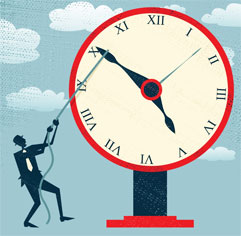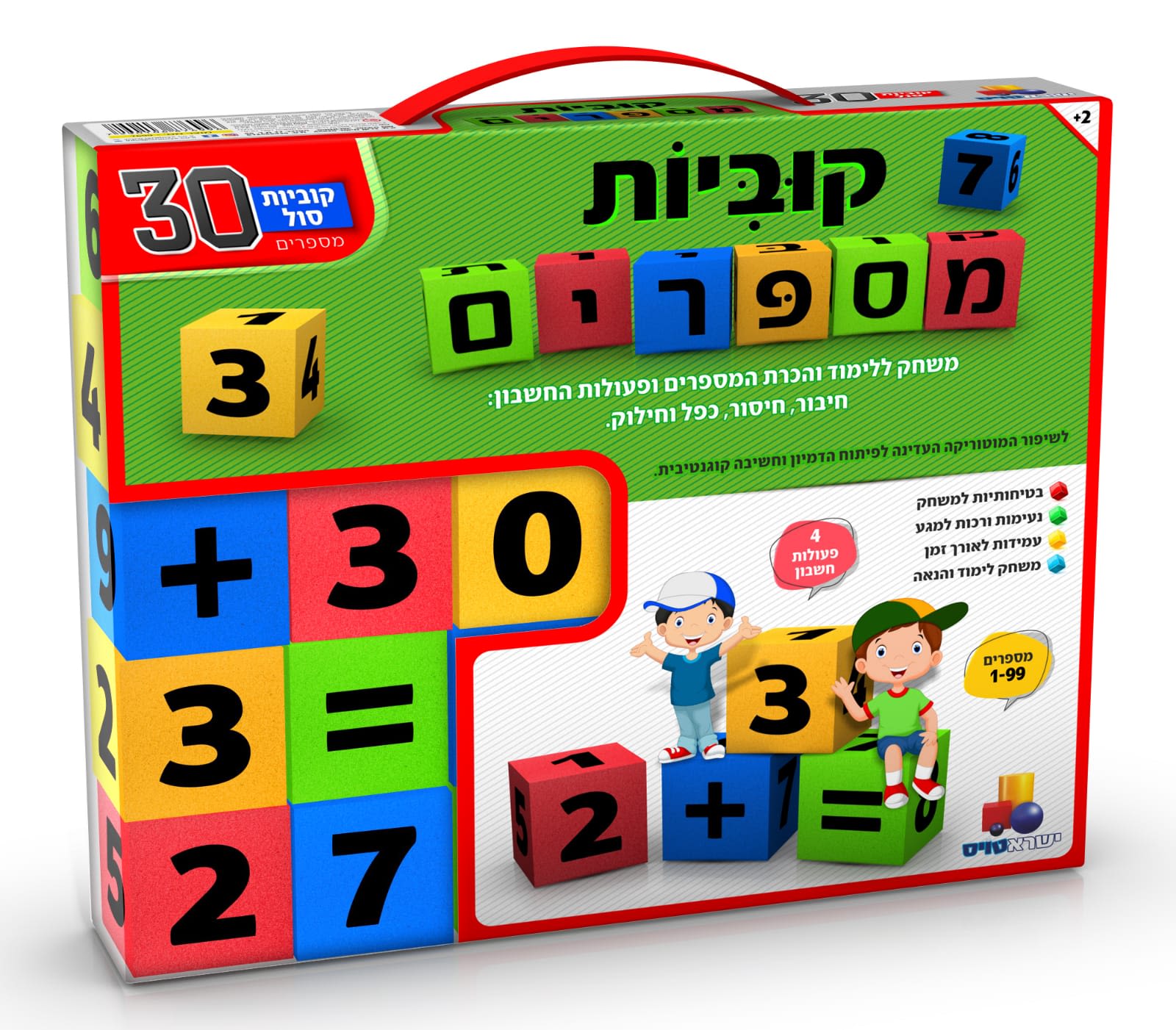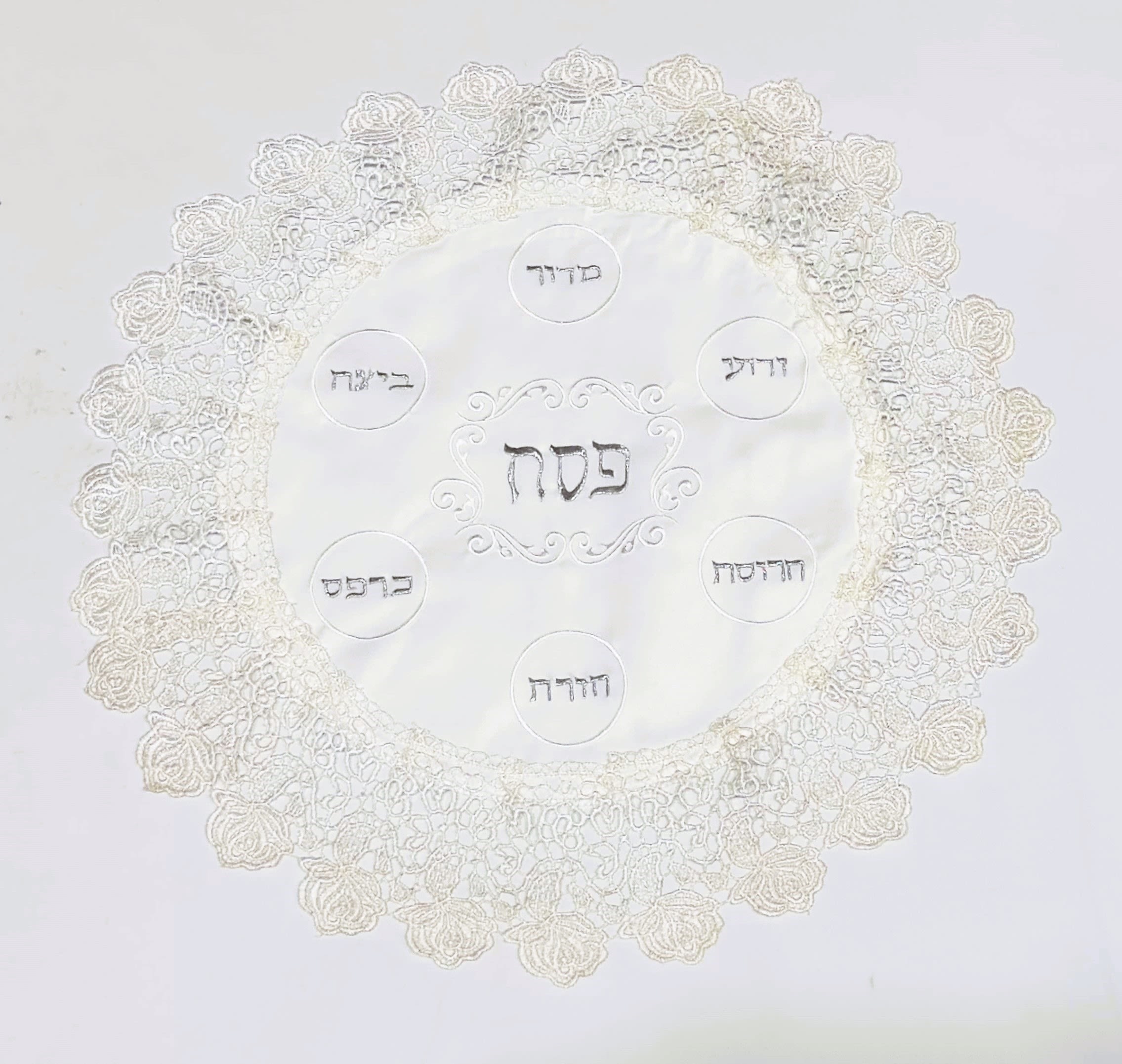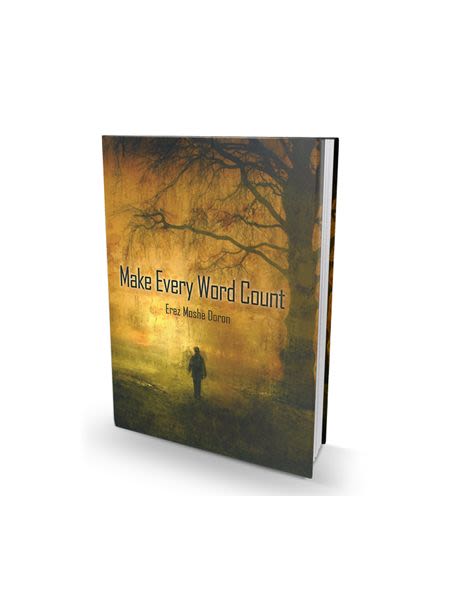
Vayelech: Every Precious Moment
What Moses accomplished on the very last day of his life, most people don't accomplish in a lifetime. What's the secret of such time efficiency?

"And Moses took leave…" (Deuteronomy 31:1).
Where did Moses take leave from?
The Midrash tells us that Moses went from tribe to tribe consoling the Jewish People because of his impending death. He knew that he had finished his mission on earth and that it was time to "cross the bridge" into the spiritual world. Moses, as many great tzaddikim after him, had such a prodigious level of spiritual awareness that he knew when his time on earth had expired. What's more, Moses knew that it was time for Joshua to assume the leadership of the nation and to take the Jewish People into the holy Land of Israel, a task that Hashem told him that he would not do.
The seventh day of Adar in the year 2488 was a dramatic day. Moses reached his 120th birthday, the last day of his life on earth. He had been born on the 7th of Adar in the year 2368. This fact is corroborated all through the Torah, for we learn in the Book of Exodus that Moses was eighty years old when Hashem summoned him to lead the Jewish People out of Egypt in the year 2448. The Jews wandered in the desert for forty years, and are just about to enter the Land of Israel under Joshua's leadership on the 15th day of Iyar 2488, two months after Moshe died.
Imagine how long it takes to say goodbye to the leaders and elders of thirteen tribes. Yet, that was already  after Moses delivered his famous address and lesson to the entire nation the same day. This was the speech that had a more profound effect on all of history than any other oration from the beginning of time to the end. This was a speech that included prophecy, religious and civil law, and teachings. Today, this speech is known as the Book of Deuteronomy. That's right – Moses said this whole address on the last day of his life.
after Moses delivered his famous address and lesson to the entire nation the same day. This was the speech that had a more profound effect on all of history than any other oration from the beginning of time to the end. This was a speech that included prophecy, religious and civil law, and teachings. Today, this speech is known as the Book of Deuteronomy. That's right – Moses said this whole address on the last day of his life.
Wait – we're not finished yet.
When Moses took leave of the tribes, he presented the Tribe of Levy with a Torah scroll he wrote earlier that day. The Levites, who included the priestly Cohanim, were destined to be the spiritual leaders of the Jewish People. They would certain need a copy of the Written Law by their side. The other tribes protested. "What's this – are you giving preferential treatment to your own tribe, the Levites? What about us? We want the Torah too!" Moses was gratified at their demand. The Midrash tells us that he sat down and wrote another twelve Torah scrolls.
Consider that a normal scribe can write a Torah scroll in a year. An extremely fast scribe can write a Torah scroll in six months. Moses wrote thirteen in one day, in addition to teaching Torah for several hours and in addition to having audiences with all the tribes and their elders. This is the same Moses that spent forty days and forty nights on three separate occasions with Hashem atop Mount Sinai, where he neither ate, drank nor slept.
Why do we learn all of the above in Parshat Vayelech and corresponding Midrashim, which we normally read during Shabbat Shuva, the Sabbath of Repentance between Rosh Hashana and Yom Kippur? Hashem doesn't expect us to write a Torah scroll in one day or to do even two percent of what Moshe Rabbenu did in one day. But, Hashem is showing us what it means to live a full life. That's why the Torah stresses that Moses was vibrant until his last moment on earth – he lived, he didn't waste a single second. If I'm not mistaken, this is the main thing we all must do teshuva for, especially during the Ten Days of Penitence. How much time did we waste in a day, every day, all year long? How many irreplaceable moments did we squander in inconsequential endeavors, much less harmful and outright forbidden activities such as slanderous conversations, gossip, and disseminating dirt on social media?
Many claim that they lack time for learning Torah, for praying in a quorum or for doing charitable acts. When they tell that to the Heavenly Court, they'll be shown every detail of every second, minute and hour that were spent reading newspapers. They'll see how they wasted time on Shabbat and holidays when they could have been learning. Each of us must take serious stock and evaluate our use of time.
The good news is that when we judge ourselves down here, then we're not judged upstairs. Hashem wants us to learn from Moshe’s efficient use of time the time and not lifting a finger if it weren't an endeavor in the service of Hashem. That's the secret of time utilization, something that we should all strive for in this promising New Year. Gmar chatima tova!












Tell us what you think!
Thank you for your comment!
It will be published after approval by the Editor.